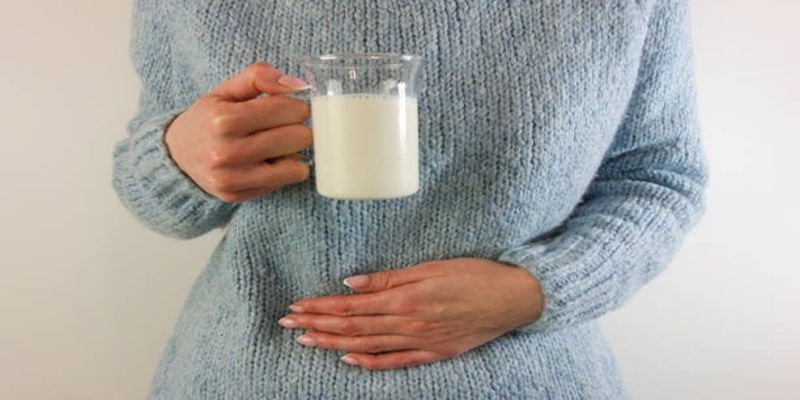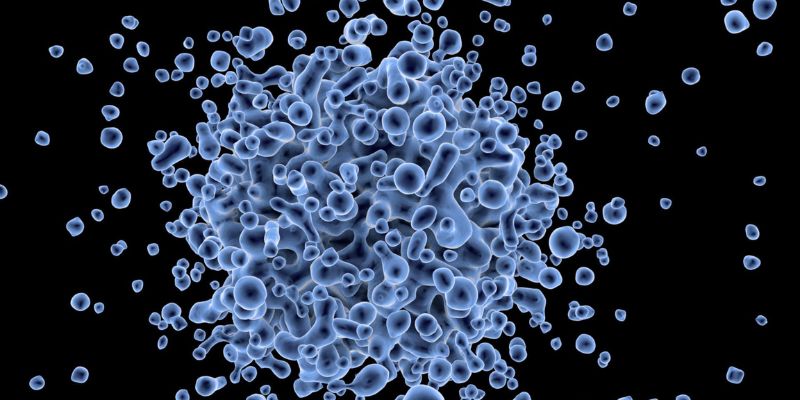
Navigating the intricate landscape of dietary choices can often be confusing, especially when discerning the difference between lactose-free and dairy-free products. While both terms may seem interchangeable at first glance, they cater to distinctly different dietary needs and restrictions. Lactose-free products are designed for individuals with lactose intolerance, a condition where the body lacks the enzyme necessary to digest lactose, the sugar present in milk. Dairy-free products, on the other hand, are suitable for those who avoid all dairy components, including lactose, proteins, and fats found in milk, often due to allergies, ethical reasons, or other health considerations. This document aims to demystify these terms, helping consumers make informed decisions that align with their health needs and lifestyle choices.
What does 'Lactose-Free' mean?

Lactose-free products are defined as those that do not contain lactose, the sugar found in milk. These products may still contain dairy components such as proteins and fats, but they are free from lactose. This is especially beneficial for individuals who have difficulty digesting lactose due to their bodies lacking the enzyme necessary to break it down. Lactose intolerance affects up to 65% of the global population and is more prevalent in certain ethnic groups, such as Asians, Hispanics, and Native Americans.
How are Lactose-Free products made?
There are various methods used to make lactose-free products. One common way is through the addition of lactase enzyme, which breaks down the lactose into simpler forms that can be easily digested by lactose-intolerant individuals. This process is commonly used in the production of lactose-free milk and other dairy products. Another method is to use alternative sources of milk, such as almond, soy, or coconut milk, which do not contain any lactose naturally.
Who should consume Lactose-Free products?
Lactose-free products are specifically designed for individuals with lactose intolerance, a condition where the body is unable to digest lactose properly. This may cause symptoms such as bloating, gas, abdominal pain, and diarrhea after consuming dairy products. Those who have been diagnosed with this condition or experience these symptoms should consider incorporating lactose-free products into their diet.
What does 'Dairy-Free' mean?
As the name suggests, dairy-free products are those that do not contain any dairy components such as lactose, proteins, and fats found in milk. This includes all types of dairy products like milk, cheese, yogurt, and butter. Individuals who follow a dairy-free diet often do so for various reasons, including allergies or sensitivities to dairy products, ethical or environmental concerns, or other health reasons.
How are Dairy-Free products made?
Dairy-free products are typically made using alternative sources of milk, such as plant-based milks like almond, soy, or coconut milk. These products do not contain any dairy components and are suitable for those who avoid all types of dairy. Other methods involve replacing dairy ingredients with non-dairy alternatives in recipes, such as using coconut oil instead of butter.
Who should consume Dairy-Free products?
Dairy-free products are suitable for individuals who avoid all dairy components, including lactose, proteins, and fats found in milk. This may include individuals with allergies or sensitivities to dairy products, ethical or environmental concerns, or other health reasons. It is important to note that not all dairy-free products are necessarily lactose-free, so those with lactose intolerance should still check the ingredients list for any potential dairy ingredients.
Health Implications
Both lactose-free and dairy-free products have important implications for one's health. For individuals with lactose intolerance, consuming lactose-free products can help alleviate symptoms and discomfort associated with the condition. On the other hand, dairy-free products may be beneficial for those who have allergies or sensitivities to dairy, as well as individuals following special diets such as veganism or paleo.
Nutritional Considerations
It is essential to note that while lactose-free and dairy-free products may be suitable for individuals with specific dietary needs, they may not necessarily offer the same nutritional benefits as traditional dairy products. For example, dairy products are an excellent source of calcium, protein, and other essential nutrients, which may not be present in alternative milk sources. Therefore, it is important to carefully read nutrition labels and consult with a healthcare professional when making dietary choices.
Product Labeling

In many countries, it is required by law for food manufacturers to accurately label their products with ingredients and potential allergens. This includes lactose and dairy-free products, which must clearly state on the packaging if they are suitable for those with lactose intolerance or dairy allergies. It is important for consumers to carefully read product labels and look for certifications or seals that indicate that the product is indeed lactose-free or dairy-free.
Lifestyle Considerations
Aside from health implications, dietary needs and restrictions can also have an impact on one's lifestyle. Individuals with lactose intolerance or dairy allergies may need to carefully plan their meals and choose suitable alternatives to traditional dairy products. On the other hand, those following a dairy-free diet for ethical or environmental reasons may need to be more mindful of their food choices when dining out or attending social events. Therefore, it is important for individuals to educate themselves about their dietary needs and make informed decisions that align with their lifestyle choices.
Conclusion
Lactose-free and dairy-free products provide options for individuals who have specific dietary needs or restrictions. These products are made using different methods and cater to different groups of individuals. However, it is important to carefully read product labels and consult with a healthcare professional when making dietary choices to ensure that nutritional needs are being met. Ultimately, it is up to individuals to make informed decisions about their food choices and incorporate lactose-free or dairy-free products into their lifestyle as needed. So, go ahead and enjoy your favorite dairy-free ice cream or lactose-free milk without any worries! Stay healthy and happy.



